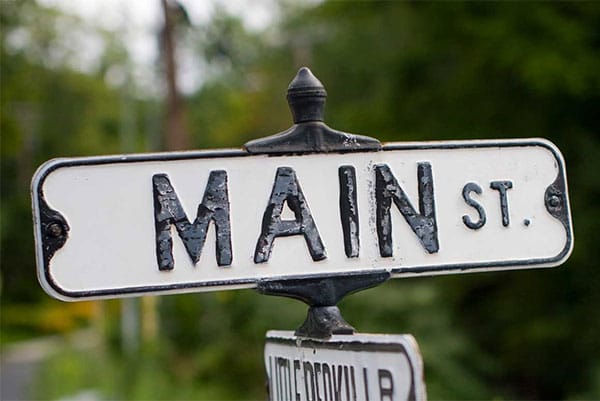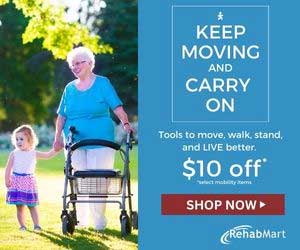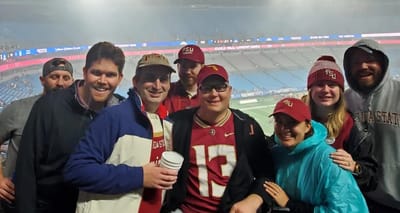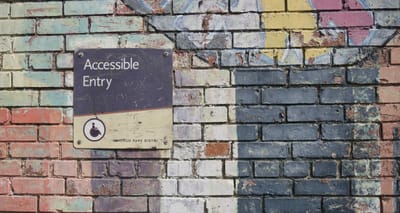From the very start of WheelchairTravel.org, my mission has been to Open Your World. That phrase is featured prominently in the website’s logo, and I keep it in mind when I travel and especially when I write.

But, I can’t forcefully open the world for you. I can only provide the honest information about the nature of accessibility in cities, attractions and hotels that I visit. For you, it takes faith, and a trust in me – that the destination you choose will be open and accommodating to you.
I wrote last year that accessible travel should be “local.” If I have done my job right, you should feel like a local when you visit a new city. If my information and reporting is accurate, you will be empowered with the tools necessary to access a destination. That is my goal, and I consider it a duty.
But, what does it mean to “feel like a local?” What if your hometown is not accessible, and you are already uncomfortable going out into the community where you live?
Meet Chloe, a 20-year-old wheelchair user from the United Kingdom. In a video shared by the BBC, we learn that she has just recently experienced her first night out – in her own city:
It is a tragedy that at age 20, Chloe is just now getting to experience a night out with friends. While I don’t want to make assumptions, it is clear that accessibility has been a challenge for her, even while living in one of the world’s most developed nations.
In my 2016 Reader Survey, 14% of respondents said they had never taken a vacation. I have a sneaking suspicion that a majority of those 14% percent live in communities where accessibility is not a priority.
If you have a disability and are already apprehensive about accessing your local world, I suspect you would seriously question the possibility of taking a vacation in another city or country.
For these reasons, I have spent a great deal of time exposing inaccessibility. While the barriers to finding an accessible taxi in St. Louis, riding the metro in Beijing, or dealing with the deteriorating sidewalks in New Jersey may frustrate me for a day or a week, I get to return home – to a fairly accessible city. What about the people who live in those places and are restricted in movement, not by their disability, but by senseless barriers to accessibility – every day?
I am reminded again that opening the world to people with disabilities is a gigantic task. Living within an inaccessible environment creates a false expectation that the entire world is closed off to disabled people. Altering that perception will not be accomplished overnight, but I will keep plugging away… one blog post at a time.
Keep up to date with my latest accessible travel reports!
Follow me on Facebook, Twitter and Instagram.















